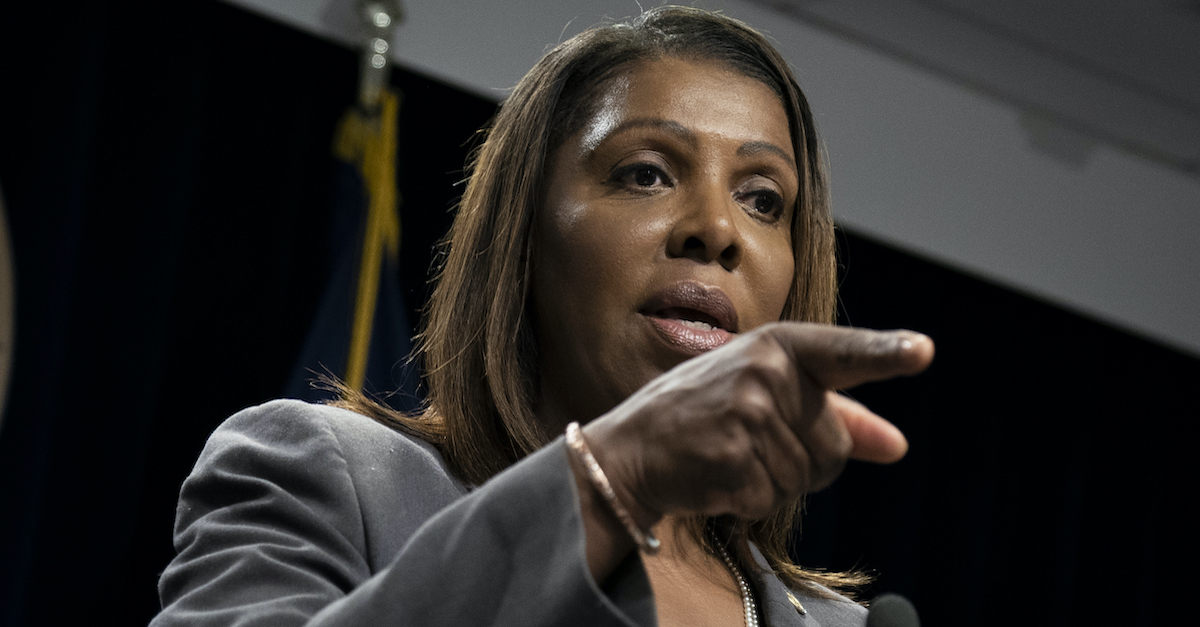
New York Attorney General Letitia James
A federal bankruptcy judge gave New York Attorney General Letitia James the green light to enforce subpoenas for the financial records of the Sackler family–the owners of Purdue Pharma–while the company continues to work through the bankruptcy process. Purdue Pharma, which produces OxyContin and is widely regarded as one of the predominant drivers of the opioid epidemic that has ravaged the nation for the better part of the last decade, filed for Chapter 11 bankruptcy in September after more than 2,500 lawsuits were filed against the company.
U.S. Bankruptcy Judge Robert Drain of the Southern District of New York ruled Tuesday evening that subpoenas for the records of more than a dozen members of the Sackler family can be enforced against multiple financial institutions and trusts.
Prior to Purdue commencing bankruptcy proceedings, James’s office filed 33 subpoenas for financial records pertaining to the Sacklers.
After rejecting a tentative $12 billion settlement with Purdue over the company’s role in perpetuating the opioid crisis last year as “an insult,” James filed court documents indicating that the Sackler family was surreptitiously trying to move its fortune overseas to hide it from potential debtors.
“Records from one financial institution alone have shown approximately $1 billion in wire transfers between the Sacklers, entities they control, and different financial institutions, including those that have funneled funds into Swiss bank accounts,” James said in September.
In a statement on Wednesday, James praised the ruling, saying that members of the Sackler family were not individually entitled to bankruptcy’s legal protections simply because the company they own filed Chapter 11.
“We are pleased that the court authorized this examination of the Sacklers’ finances to proceed while the case against Purdue Pharma continues through the bankruptcy process,” James said. “Just because Purdue Pharma has declared bankruptcy does not mean its owners deserve special protections under the law. We will immediately be issuing new subpoenas to multiple banks and financial institutions to determine where the Sacklers have stored their money over the years and how much has been stashed away. This case will not come to an end without these key pieces of information.”
Editor’s note: this story initially stated incorrectly that the tentative settlement was $3 billion when it was actually $12 billion.
[Image via Drew Angerer/Getty Images]